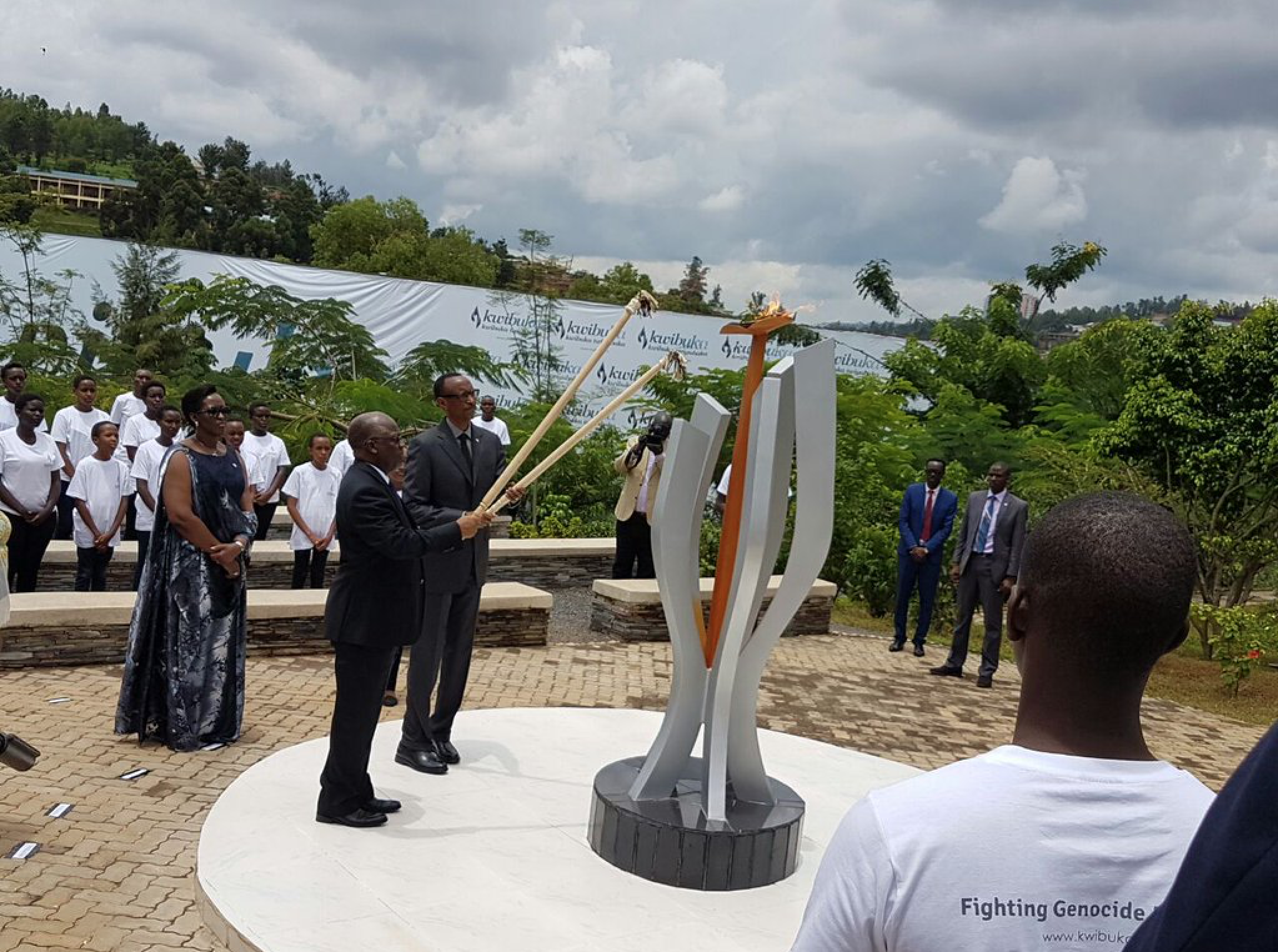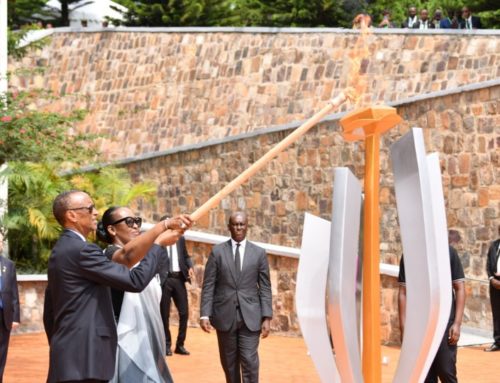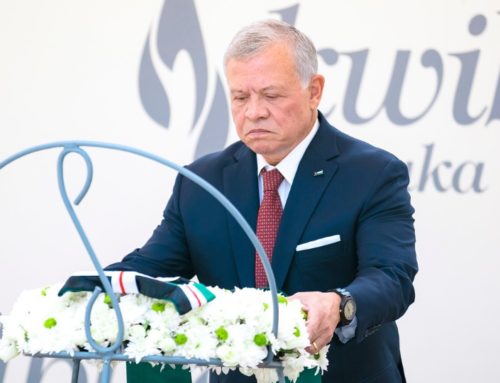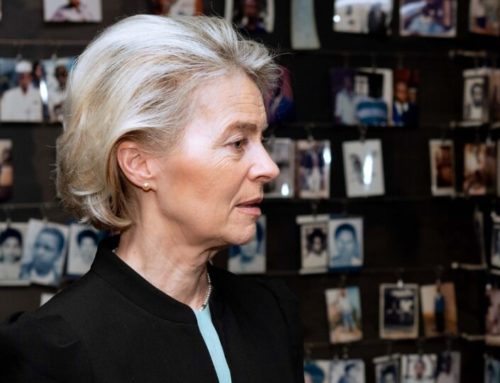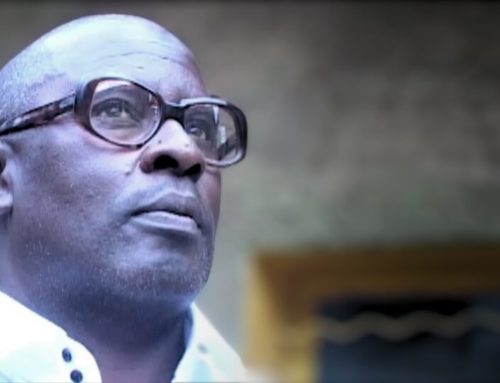The Kigali Genocide Memorial today hosted the 22nd Commemoration of the 1994 Genocide against the Tutsi in Rwanda. More than 500 guests included international leaders, dignitaries, survivors and their families and representatives of survivor organisations. The commemoration period is known as ‘Kwibuka’, the Kinyarwanda word for remembrance.
As part of the commemoration, the President of the Republic of Rwanda, Paul Kagame, and the President of the United Republic of Tanzania, Dr John Pombe Joseph Magufuli, together lit the Flame of Remembrance, Urumuri Rutazima, beginning the 100 days of mourning. The Flame of Remembrance symbolises the courage and resilience of Rwandans over the last 22 years.
“The Kigali Genocide Memorial is the final resting place for more than 250,000 victims of the Genocide,” says Honore Gatera, Manager of the Kigali Genocide Memorial. “We are a home for survivors, relatives and friends of victims to remember their loved ones. During Kwibuka22, we invite visitors to pay their respects by touring the memorial and laying a flower on the burial place. In Rwandan culture, we light a fire as we mourn lost loved ones and we honour this tradition by lighting the Flame of Remembrance.”
Established by the Aegis Trust in 2004 at the request of the Rwandan Government and Kigali City Council, the Kigali Genocide Memorial continues to be run by Aegis today on behalf of CNLG (Rwanda’s National Commission for the Fight against Genocide) as a place both of remembrance and learning for a new generation.
Speaking on Kwibuka activities, the Executive Secretary of the National Commission for the Fight against Genocide, Dr Jean Damascene Bizimana, called on Rwandans and friends of Rwanda to join the fight against genocide ideology.
“Genocide ideology should be relentlessly fought because genocide perpetrators and their backers have continued to distort the truth around it,” Dr Bizimana said.
As a place of remembrance and learning, the Kigali Genocide Memorial plays an important role in educating about genocide and mass atrocities so that ‘Never Again’ is a reality.
During the 100 days of Kwibuka, we invite everyone to leave a message in the memorial’s digital guestbook as a way to remember the victims and show support to survivors. You can leave your message here.

